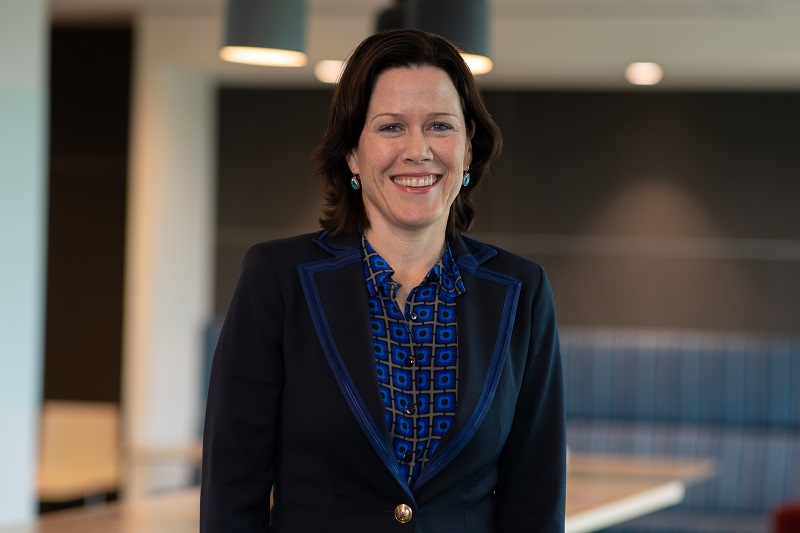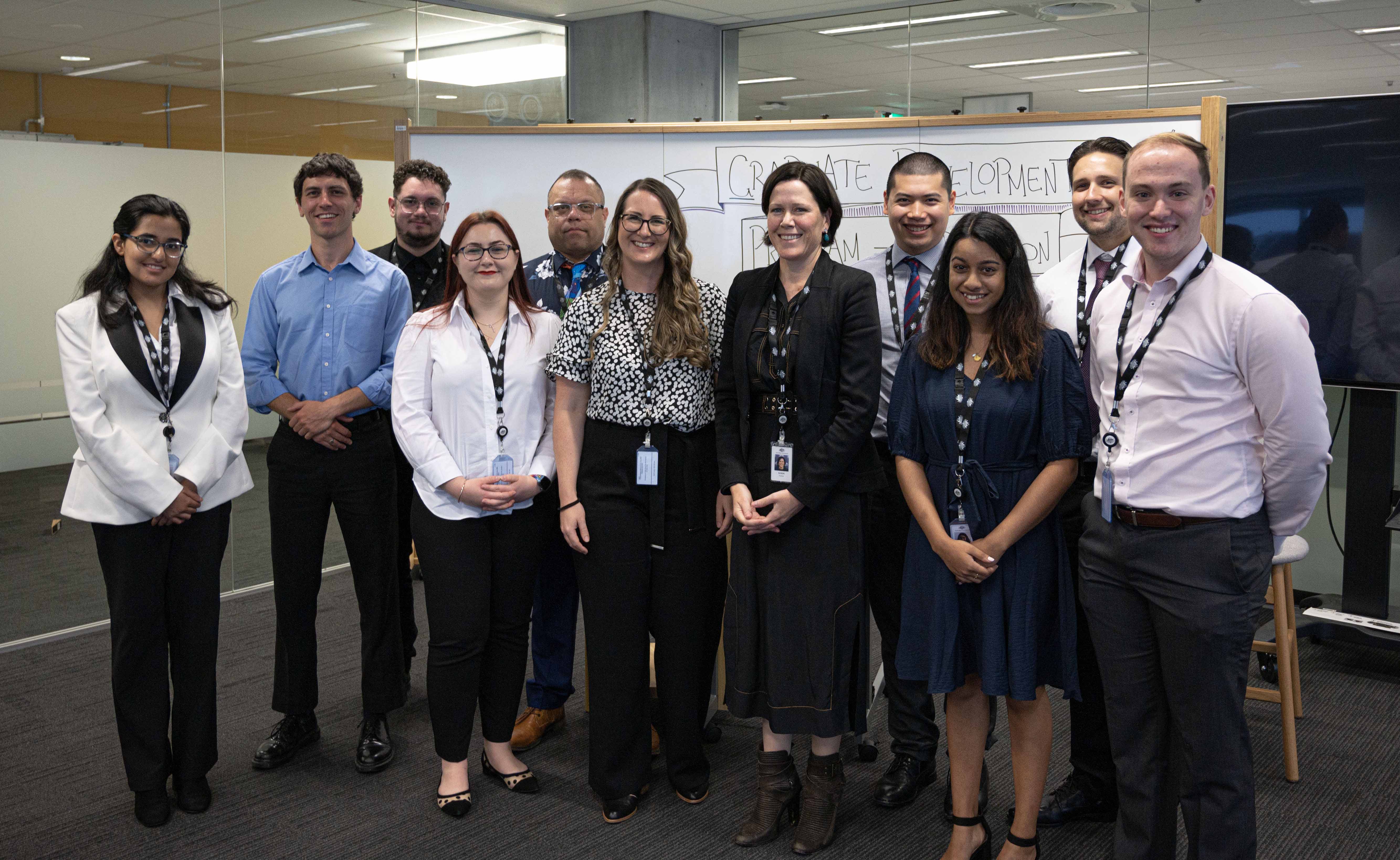News from the department

Alison Frame
Secretary
Department of Veterans’ Affairs
I took up my role as Secretary of the Department of Veterans’ Affairs on 23 January 2023. It is a huge honour and a great responsibility.
In my short time here, I have been struck by the passion of our staff. In every corner of DVA I have met dedicated, enthusiastic and compassionate people who are deeply committed to doing the best they can for the veteran community.
As the department’s Secretary, my job is to harness that commitment, to provide the support and services the veteran community deserves.
Military service is unique. Every time someone puts on an Australian Defence Force uniform it is an act of bravery and self-sacrifice. It carries considerable personal risk and burdens. Upon leaving service, there can be challenges to successfully re-enter civilian life. DVA’s purpose is to smooth that transition and provide support and wellbeing services when and where they are needed to veterans and their families.
This is why it is distressing to acknowledge we have failed some members of our veteran community. Evidence of this has emerged in the continuing Royal Commission into Defence and Veteran Suicide, and DVA is grappling with a backlog of compensation claims.
But the Royal Commission has provided an opportunity to improve our service delivery.
This work is already underway and I want to thank my predecessor, Liz Cosson, for the transformational changes she made to DVA. It is now my priority to build on these changes.
First and foremost, our priority is to eliminate the claims backlog. With that in mind, the Australian Government has invested more than $226 million for us to employ 500 additional staff. Right now, we are working to get them trained and ready to clear the claims, so our services can reach the people who need them.
That is a practical first step, but we need to go beyond this. We need to consider what caused the backlog, and then make changes to ensure it cannot happen again. To that end, as we look to the future, there are three areas DVA will be improving.
First, it is clear that DVA’s legislative arrangements are not fit for purpose. Currently, there are three Acts under which a veteran or family member may be eligible to receive compensation, rehabilitation or other entitlements. A further 850 legislative instruments sit under these Acts, resulting in a complex web that needs to be navigated before a veteran can receive the support they need. This is unacceptable, and has contributed to the backlog.
If a veteran needs support they should receive it as soon as possible. The current arrangements hamper that goal. So DVA is working with the Government to streamline the framework, and a consultation process is already underway. This is a critical piece of work and I encourage you all to get involved in the consultation process.
Second, DVA needs to modernise our information communications technology. Right now, many of the department’s core functions are carried out on aging computer systems. When we update these systems it will increase our efficiency and allow us to process claims faster.
Third, DVA needs to get better at planning for the future. Among other things, this means further strengthening our relationship with the Department of Defence. We need to better understand what is happening in the ADF. That means its size, the timing and nature of deployments, its shifting demographic profile, the nature of service and injury, as well as its various policy and operational settings.
Knowing what the ADF looks like today means we will know what our veteran community will look like tomorrow. We will be better placed to anticipate future demands on DVA’s services as the current ADF cohort transitions back to civilian life. This will allow us to forecast the future and plan accordingly. When DVA is able to draw on higher quality data, we will be better placed to avoid a repeat of the claims backlog.
This is an exciting time for DVA. Our future priorities for the year ahead are clear, we know what needs to be done, and I am keen to get on with the work to deliver outcomes for the veteran community. When we get these settings right, DVA will be better able to achieve our core objective—to honour, support and empower veterans and families by all the means at our disposal.
Those who have served our nation are remarkable people. They made a commitment to defend Australia and to protect the values we all hold dear. I am determined that DVA uphold our promise to repay their commitment in kind. I know every member of the department takes that commitment seriously, and wants to see it fulfilled. I look forward to guiding us towards delivering the best support and services for those who have served Australia.
Attending the Last Post Ceremony at the Australian War Memorial with Repatriation Commissioner Don Spinks AM; with the latest cohort of graduates starting at the department

